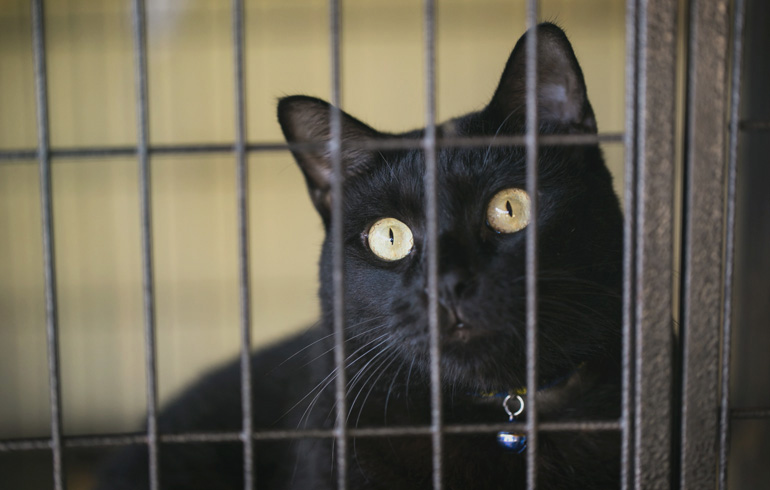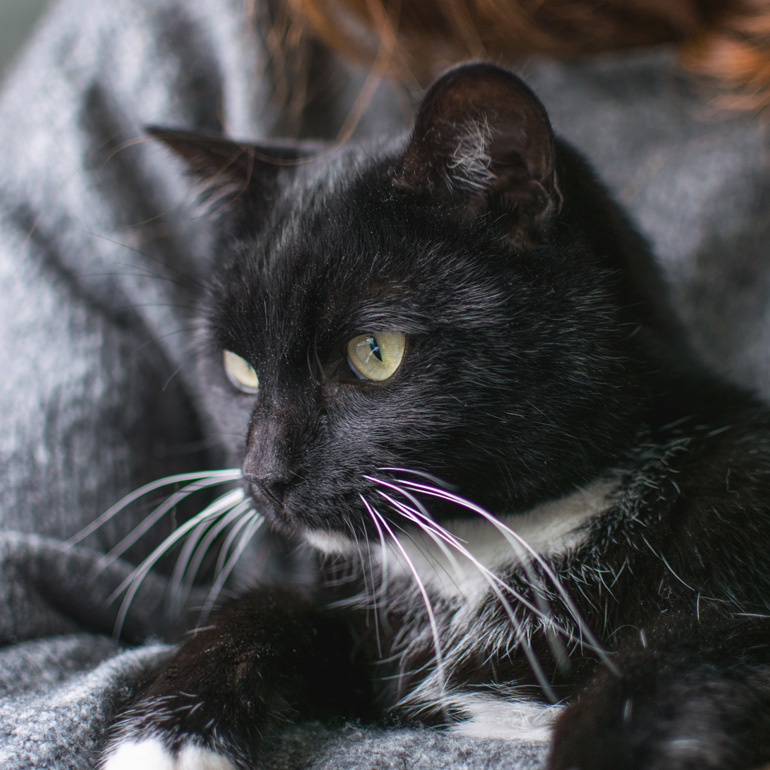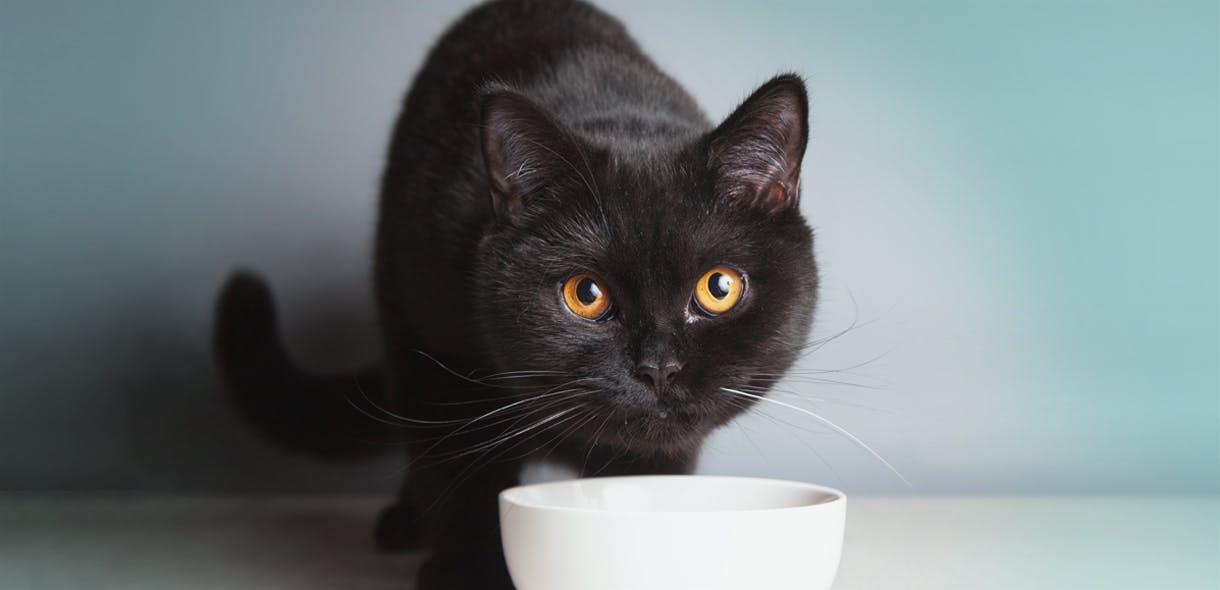Before being associated with witches, evil spirits and bad luck, black cats were venerated.
Bastet, for instance, the Egyptian goddess of pregnant women and children, who was associated with family joy, was portrayed as a black cat.
It was Pope Gregory IX, in the 13th century, who stripped black cats of their royal status by affiliating them with Satan (no less). This reputation has followed them through the ages. During witch hunts, for instance, countless black cats were burned on the stake alongside their mistresses.
Today, even though the fear of witches has disappeared, superstitions relating to black cats persist, such as the rumour that, at Halloween, to avoid them being sacrificed in “satanic” rituals, black cats must be kept indoors.
For Jasmine Hanson, communications coordinator at the Saskatoon SPCA, this is an urban legend. Nevertheless, “It’s a good idea to keep your cat inside or on your property every day of the year,” she says.

According to Hanson, “most shelters in North America confirm that black cats spend 40% more time in shelters than other cats.” In the United States, people talk about “Black Cat Syndrome” to explain why these cats are the last ones to be adopted.
Superstitions don’t explain everything. We see fewer black cats in advertisements because they’re apparently more difficult to photograph, which is problematic in our age of Instagram and social media. The Guardian reported that between 2007 and 2013, the organization Blue Cross measured a 65% increase in stray black cats captured each year. The organization concluded that these unfortunate animals were being abandoned because they weren’t selfie- and Instagram-friendly.
50 shades of black
The myth that black cats are evil is hard to shake despite positive characterizations in popular culture, including Felix the Cat and Luna in Sailor Moon.

Fortunately, in some countries black cats are good luck charms. In England, a figurine of a black cat given to a woman on her wedding day is supposed to bring luck. The apparition of a black cat in front of your house in Scotland is considered a good omen which will lead to great riches. In Japan, black cats are believed to attract suitors to single women. The black cat on the poster for the famous cabaret in Montmartre in Paris is, of course, iconic. And black cats—considered members of the crew and named in ships’ registries—were favoured by British sailors in the 18th and 19th centuries.

All isn’t lost. However, there’s still a lot to do to help black cats. You can lend a helping hand by sharing #internationalblackcatday.
